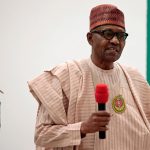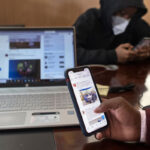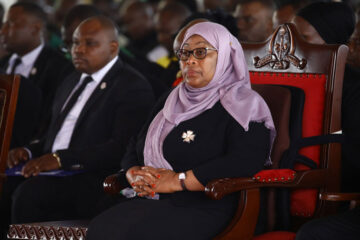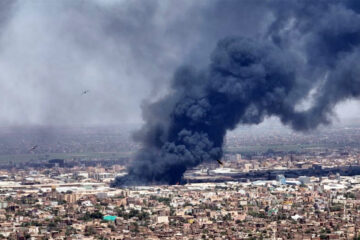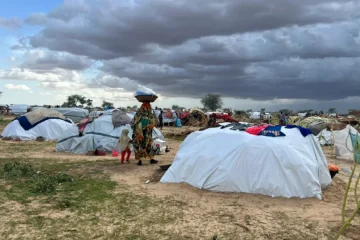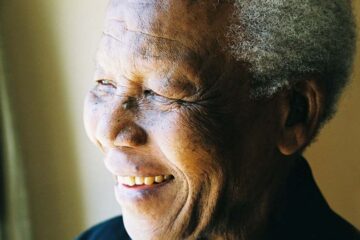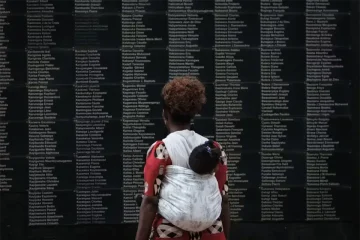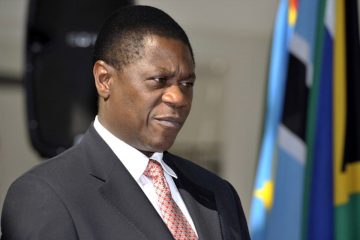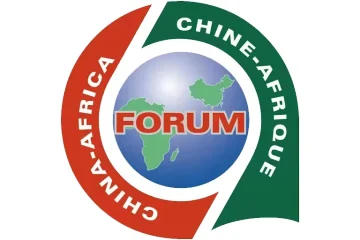MANY leaders seem threatened by the way digital media make it possible to share information and organise. Research shows that 2020 saw 156 full or partial shutdowns of the internet or social media like Facebook, Twitter and WhatsApp. South Asia accounts for almost three-quarters of these shutdowns, with India leading the way.

Africa was the next most affected region, with 20 shutdowns affecting 12 countries. Disruptions lasted from as short as a day or less, in Burundi, Egypt, and Togo, to nearly 90 days in parts of Ethiopia’s Oromia Region. A recent blockage of social media in Chad lasted for more than a year.
And 2021 has already seen shutdowns in Niger, Senegal and Uganda.
Governments have given varying justifications for these moves. These include: combating hate speech and fake news in Chad and Ethiopia, suppressing violence in Sudan, and preventing exam cheating in Algeria and Sudan. Disruptions in Mali in 2020 coincided with anti-government protests, while shutdowns were timed around elections in Burundi, Guinea, Tanzania, and Togo.
Read more: Shutting down the internet doesn’t work — but governments keep doing it
In some cases, official reasoning has shifted over time. When Uganda shut down digital media surrounding its January 2021 elections, foreign affairs minister Sam Kutesa initially said the move was retaliation for Facebook’s and Twitter’s actions against government accounts. Investigations had alleged the government was behind “coordinated inauthentic behaviour” using fake accounts to spread disinformation and intimidate the opposition. After the election, however, Kutesa said the move was “a necessary step to stop the vitriolic language and incitement to violence.”
Read more: Uganda election: Museveni social media ban caps violent campaign
Views on digital media limits
Online commentary usually harshly criticises these shutdowns. But these posts aren’t necessarily representative of general public opinion in affected countries.
To get a sense of broader opinion on these issues, we analysed data from Afrobarometer. This is an independent African research network that conducted nationally representative surveys in 18 countries in 2019/20. About 27,000 Africans participated in these surveys.
A larger share of respondents supported access to digital media. When given a choice between two statements, 48% agreed that “unrestricted access to the internet and social media helps people to be more informed and active citizens, and should be protected”. Only 36% agreed that “information shared on the internet and social media is dividing (our country), so access should be regulated by the government”.
Majorities in 10 countries supported unrestricted access. Support was highest in Cabo Verde (64%), Gabon (63%), Côte d’Ivoire (63%) and Nigeria (61%). Majorities supported regulation in only three countries: Mali (53%), Ethiopia (53%) and Tunisia (59%).
Read more: How internet shutdowns have affected the lives of millions of Ethiopians
Guarding freedoms
Unsurprisingly, regular users of digital media were more supportive of freedoms. Of the 37% of respondents who reported using some form of digital media for their news at least a few times a week, 62% favoured unrestricted access. Only 35% favoured regulations.
Over half (54%) of respondents reported never using digital media for news in the last month. Those non-users were more divided, with 37% favouring regulations and 39% favouring unrestricted access. A quarter (24%) of non-users did not share an opinion or could not choose between the positions.
Factors like age, residence and education also made a difference. The groups more likely to use digital media were also more supportive of unrestricted access. The youngest respondents (18-25) were almost twice as likely to oppose restrictions than the oldest respondents (over 60) were (56% vs 30%). Urban residents favoured unrestricted access more than rural residents (56% vs 43%). And those with post-secondary education were much more favourable towards unrestricted access than those without formal education (60% vs 34%). Men were only slightly more supportive of unrestricted digital media than women (50% vs. 47%).
Perhaps surprisingly, support for unrestricted digital media does not fall neatly along political lines. Even among those who said they trusted their president “somewhat” or “a lot”, 45% still supported unrestricted digital media, versus 39% who favoured restrictions. Those who said they only trusted their national leader “a little” or “not at all” were even more supportive of open digital media: 53% supported unrestricted access and 34% supported regulations.
Read more: Africans are concerned about ills of social media but oppose government restrictions
Cost of shutdowns
Restricting digital media is a gamble for African leaders. On the one hand, many governments are embracing digital media shutdowns, particularly around elections and protests, to limit threats. They argue such moves are necessary to halt “the dissemination of messages inciting hate and division”, as a Chadian government spokesperson put it. In some cases, like Ethiopia and Mali, populations seem generally supportive of governments’ restrictions.
But commerce, education and social communication are increasingly online. One analysis found that digital media restrictions cost African economies some $237 million in 2020. And using Afrobarometer data from 16 countries, we find that the share of Africans who regularly get news from digital media almost doubled, from 22% to 38%, between 2014 and 2019.
Read more: Internet shutdowns in Africa threaten democracy and development
If African populations are sceptical now of limits on digital media, that opposition might grow as more enter the digital space for commerce, work, education, entertainment and social communications. Shutdowns will generate not only higher economic costs, but likely greater public outrage as well.
Joseph Koné, a research associate and finance officer at Centre de Recherche et de Formation sur le Développement Intégré (CREFDI), the Afrobarometer National Partner in Ivory Coast, was co-author of the research on which this article is based.


